-
Black Death Impact on Europe: The Plague’s Aftermath and Europe’s Astonishing Journey from Desolation to Renaissance
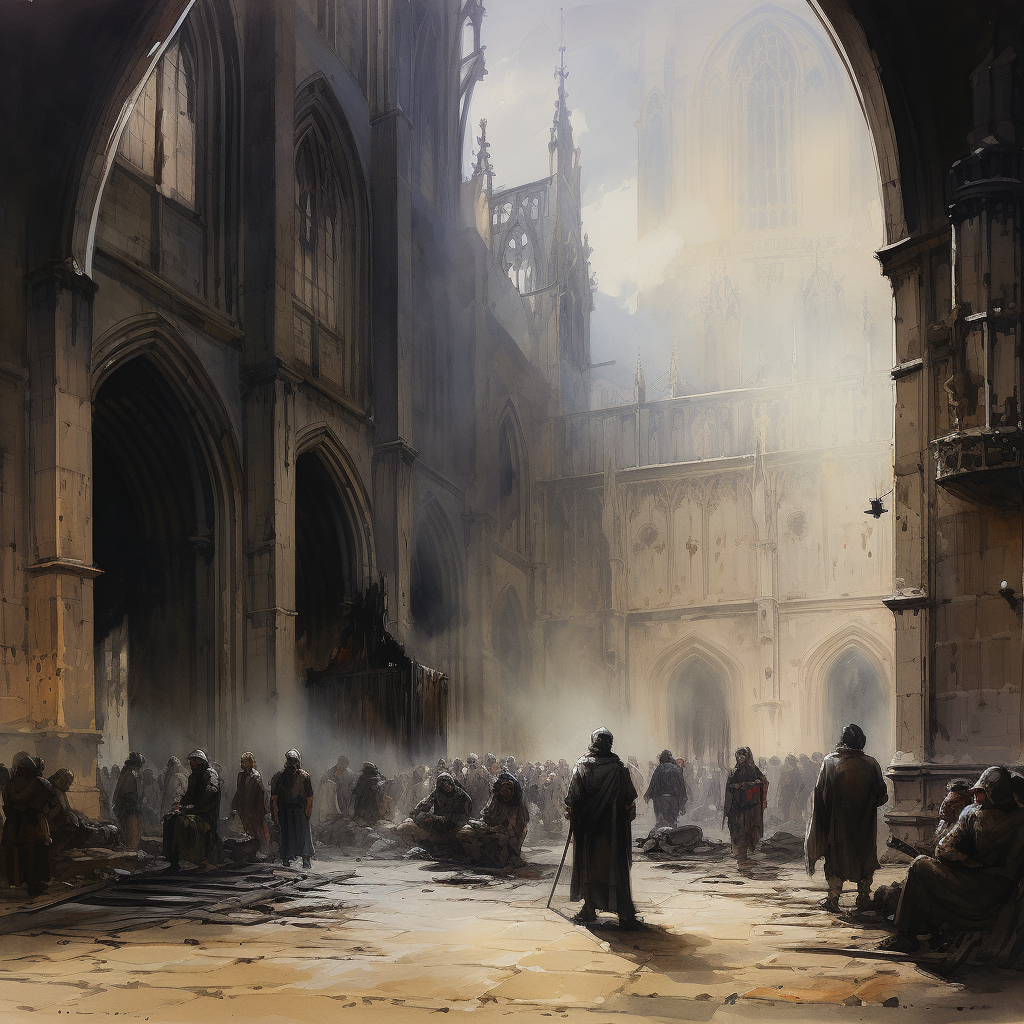
Introduction Early Modern Europe: From the Black Death to Colonial Rivalries We’ve extensively focused on the Spanish colonization of the Caribbean and the Americas and its impact on the region’s indigenous peoples due to their expansion. The next few posts will dive into the emergence of colonial rivals to the Spaniards back on the European…
-
Unearthing Shadows: Conquistadors’ Footprints in the Caribbean
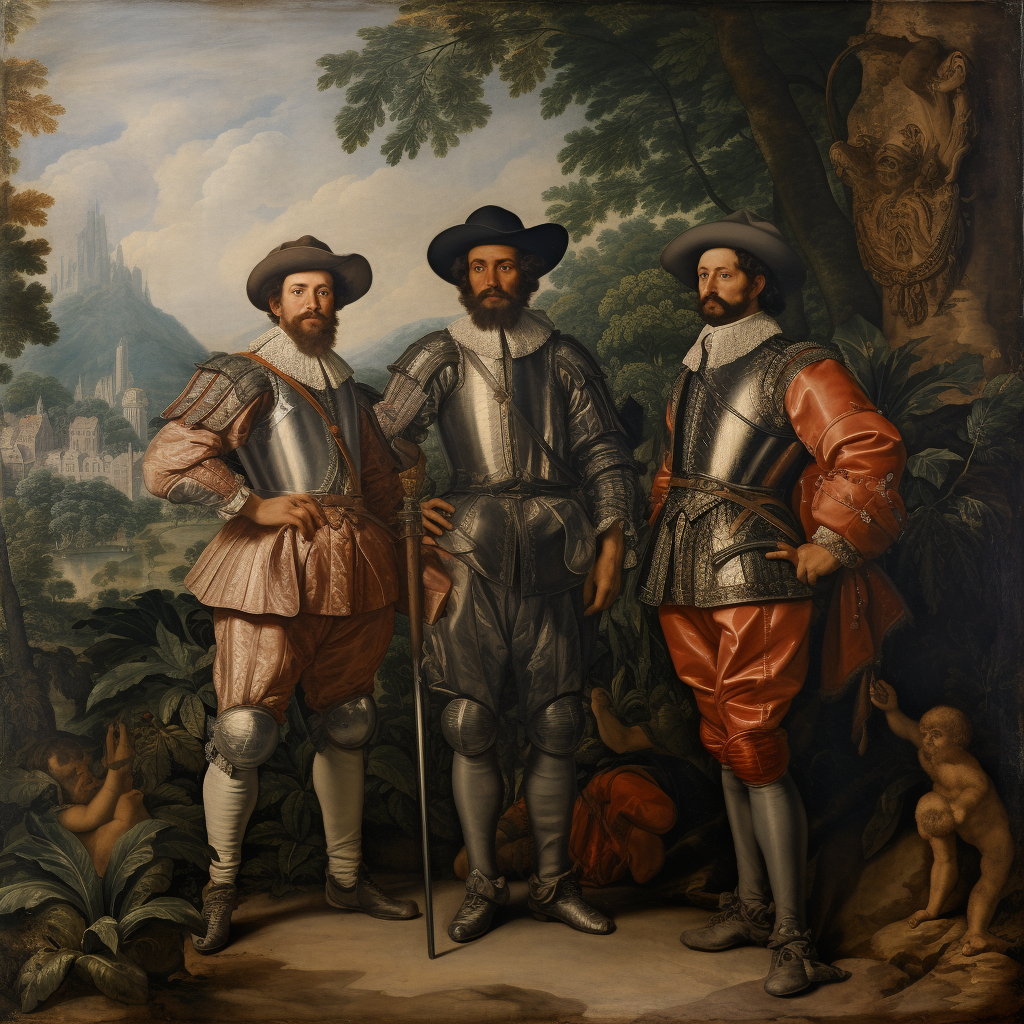
Introduction Today, following up on our last post, we journey back to a time of exploration, conquest, and transformation as we explore the lives of three monumental figures: Francisco Pizarro, Juan Ponce de León, and Diego Velázquez de Cuéllar. These three Spanish conquistadors, each with unique tales of daring and discovery, left an indelible imprint…
-
Unforgettable Expedition: Hernán Cortés and the Fall of the Aztec Empire
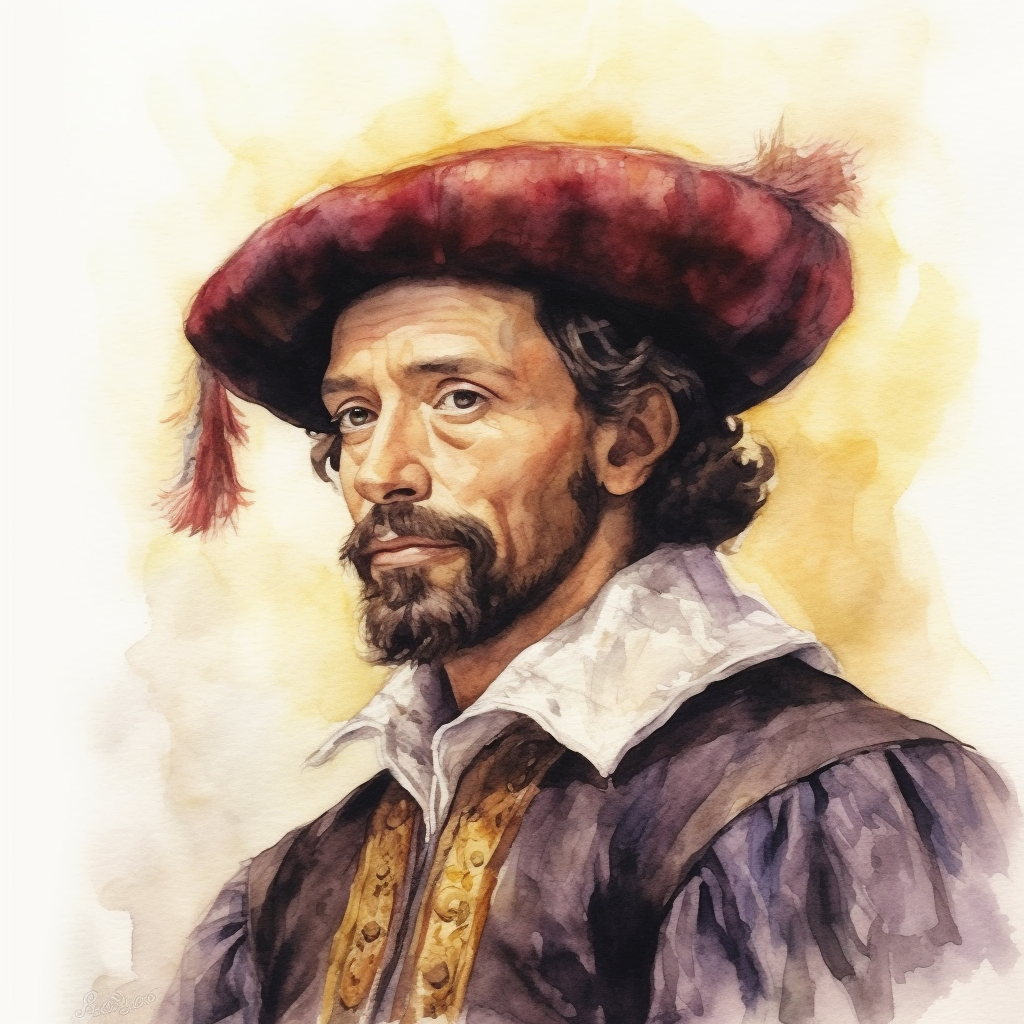
Introduction The dawn of the 16th century marked a pivotal era in history as fearless conquistadors set their sights on the uncharted lands of the New World. Following up on our last post, discovering Juan Ponce de León’s role in establishing San Juan made me consider how other famous conquistadors launched their expeditions from the…
-
Resurrecting the Lost World of the Caribbean’s Original Inhabitants
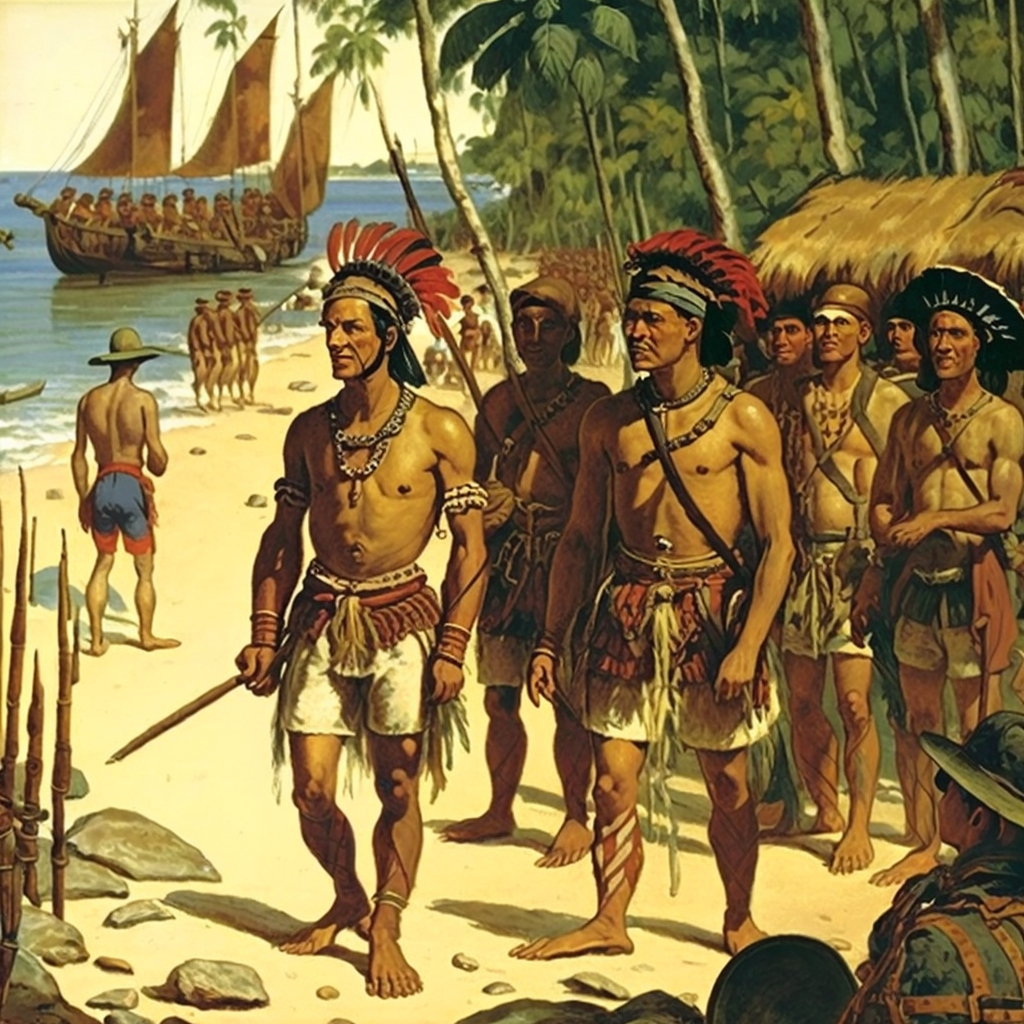
Introduction In our last post, we examined the four voyages of Christopher Columbus to the Caribbean and their initial impact on the region. But what about the people already living in the Caribbean when Columbus arrived that we touched on? This post will examine the vast and complex world of the Caribbean’s indigenous peoples. We…
-
Christopher Columbus and the New World: The Story of His Four Voyages
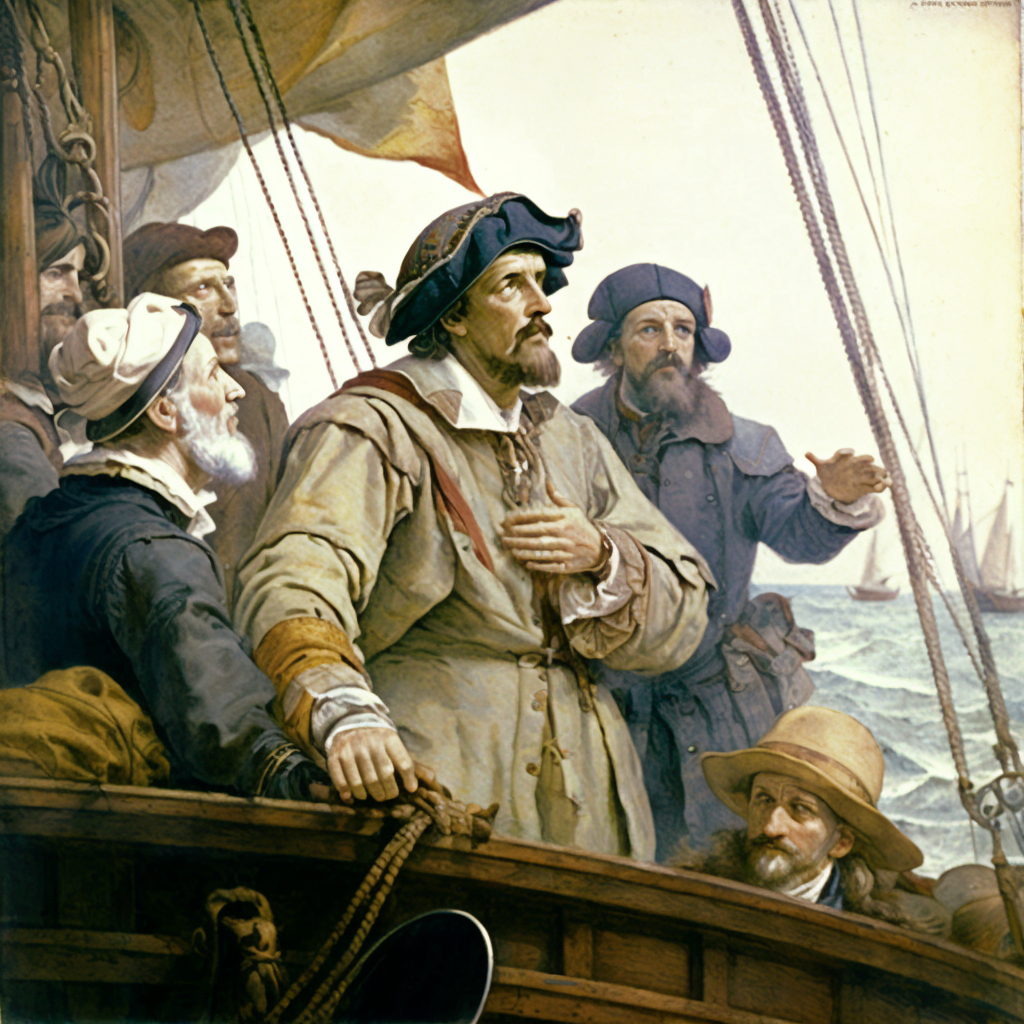
Introduction The four Caribbean expeditions that Christopher Columbus made represent a significant period in exploration and colonization history. After receiving support from the Catholic monarchs of Spain, Christopher Columbus embarked on a journey that would irrevocably alter the path of human history. The Spanish conquest of the Americas began with this expedition to the Caribbean.…
-
Christopher Columbus: The Early Years and Motivations for Exploration
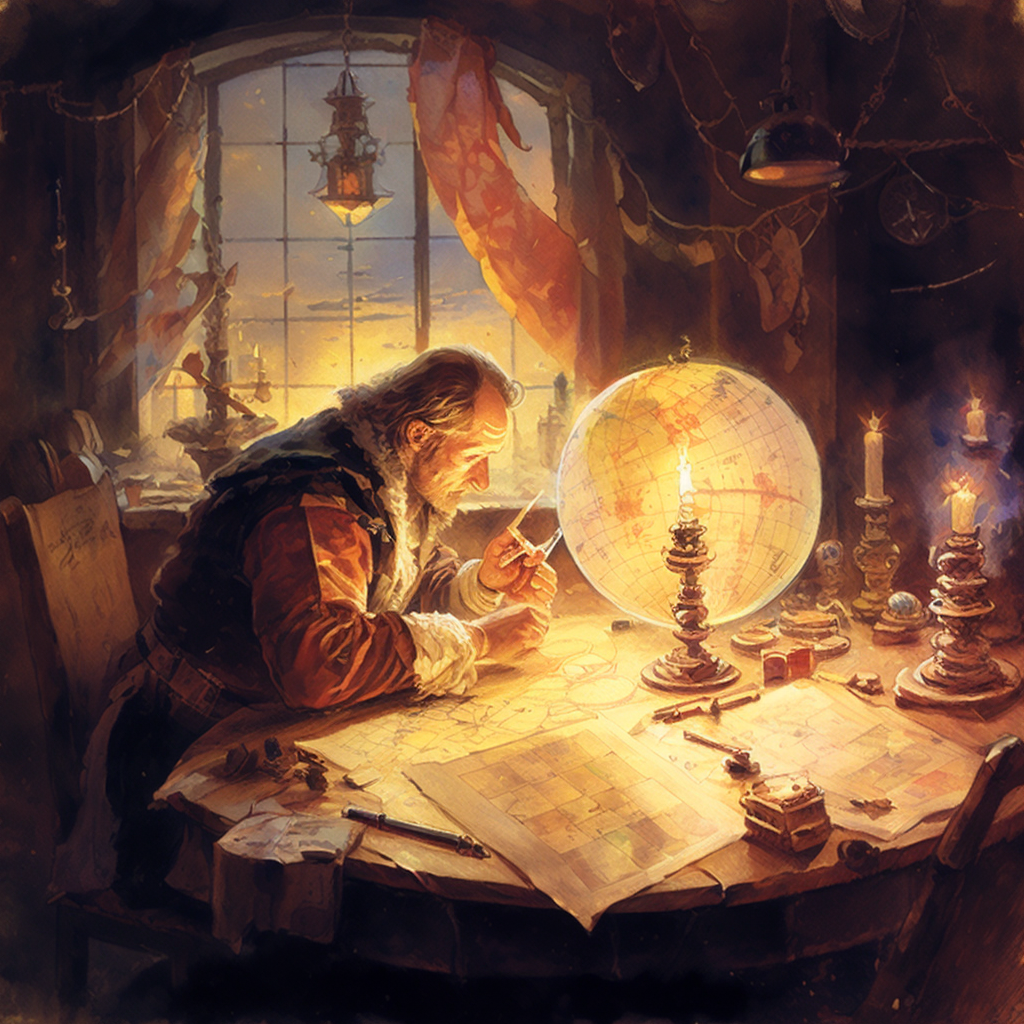
Introduction As we covered in our last post, the Age of Discovery saw many notable explorers set out to discover new lands, resources and trade routes. Of these explorers, the most memorable was Christopher Columbus, a figure that looms large in Caribbean history. His voyages to the Caribbean in 1492 and subsequent expeditions marked the…
-
The Age of Exploration: From the New World to Global Empires
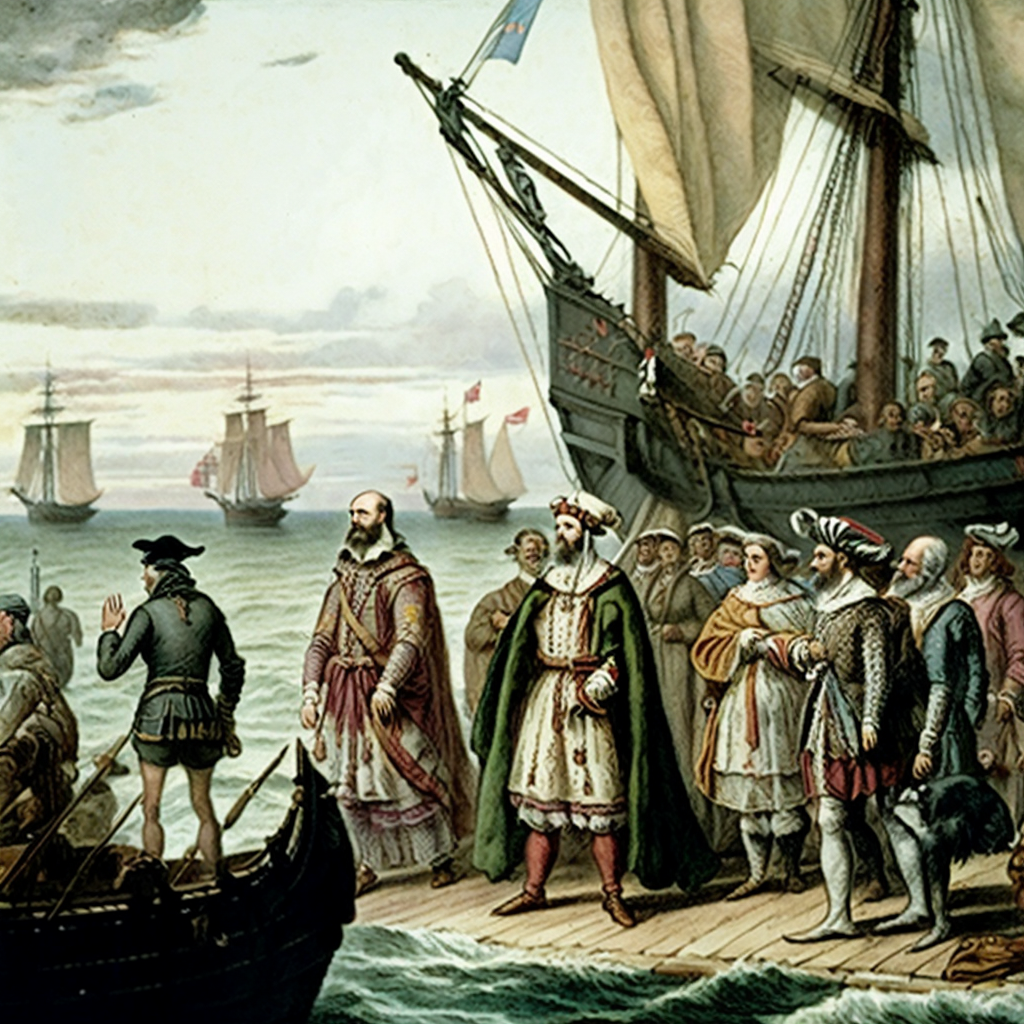
Introduction As we touched on in our last post, the Fall of Constantinople, the capital of the Byzantine Empire, had a significant impact on the Age of Discovery. With the city’s fall, the Ottomans gained control over a critical port for trade, and European traders faced substantial challenges, such as high taxes and tariffs. With…
-
The Fall of Constantinople: The Beginning of a New Era
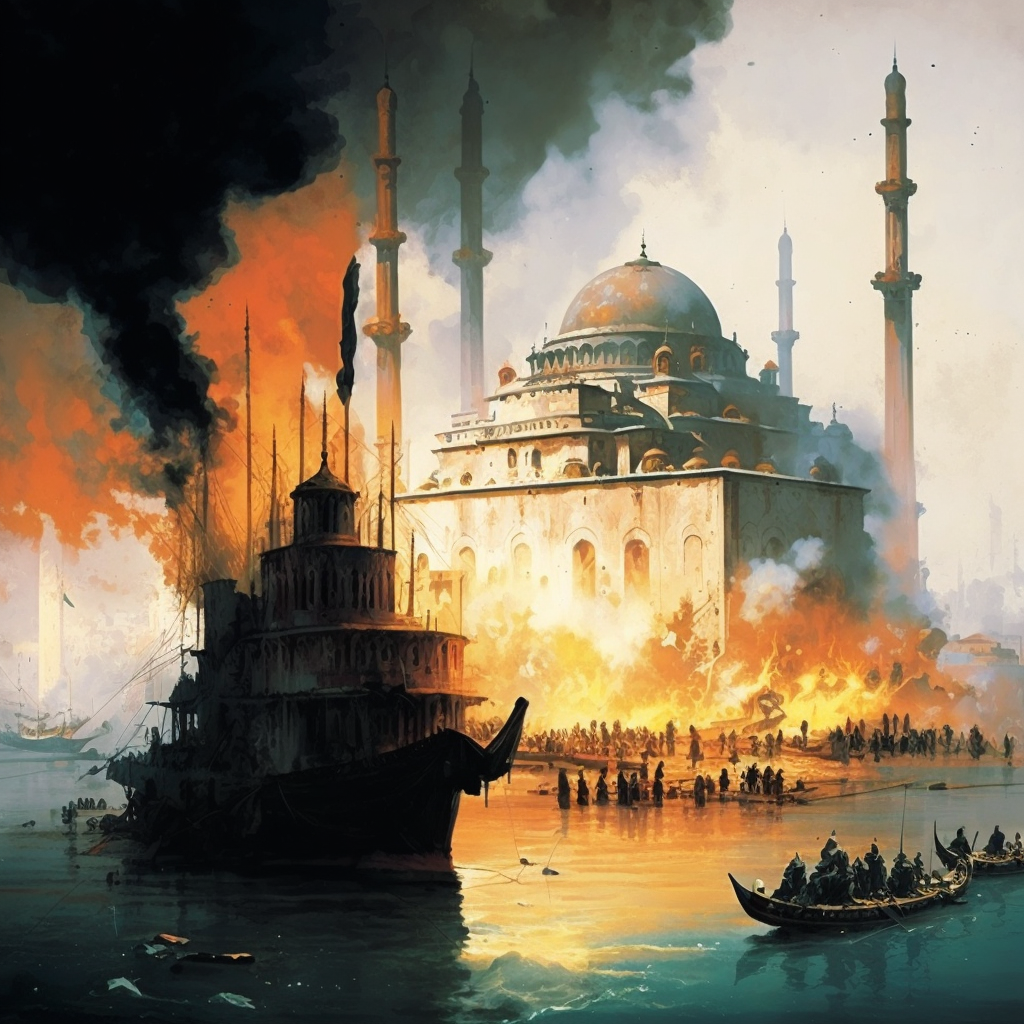
Introduction The fall of Constantinople, the capital of the Byzantine Empire, in 1453 was a pivotal moment in world history. Many historians consider the conquest of the Eastern Roman capital as the historical turning point that heralded the end of the medieval period. The city, which had been the center of Eastern Christianity for over…